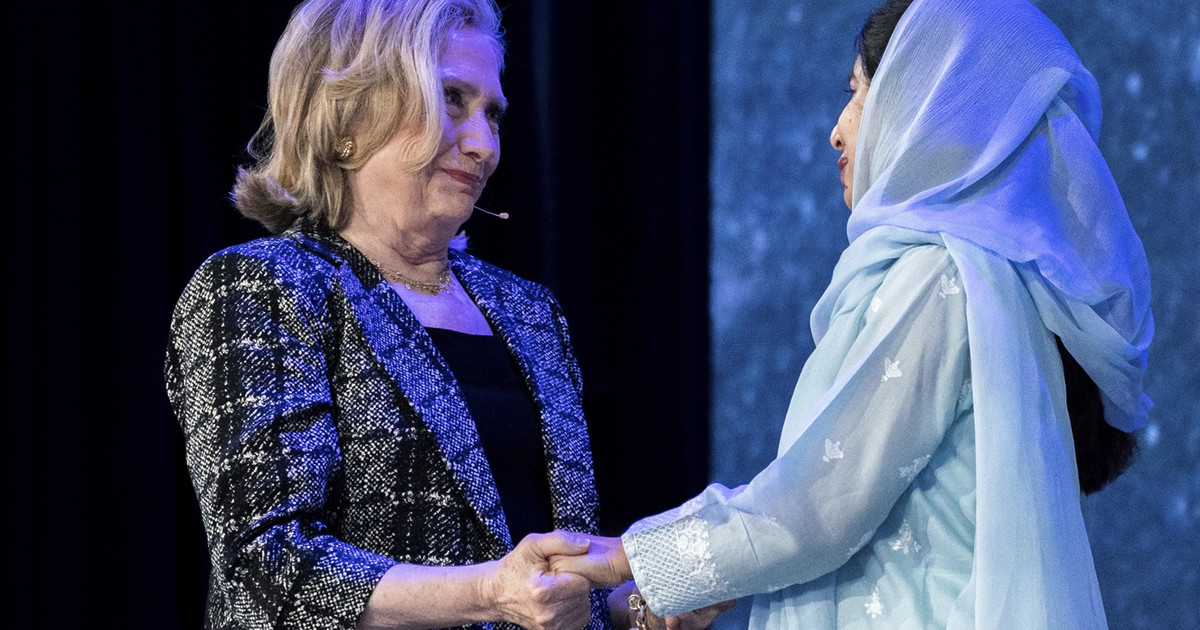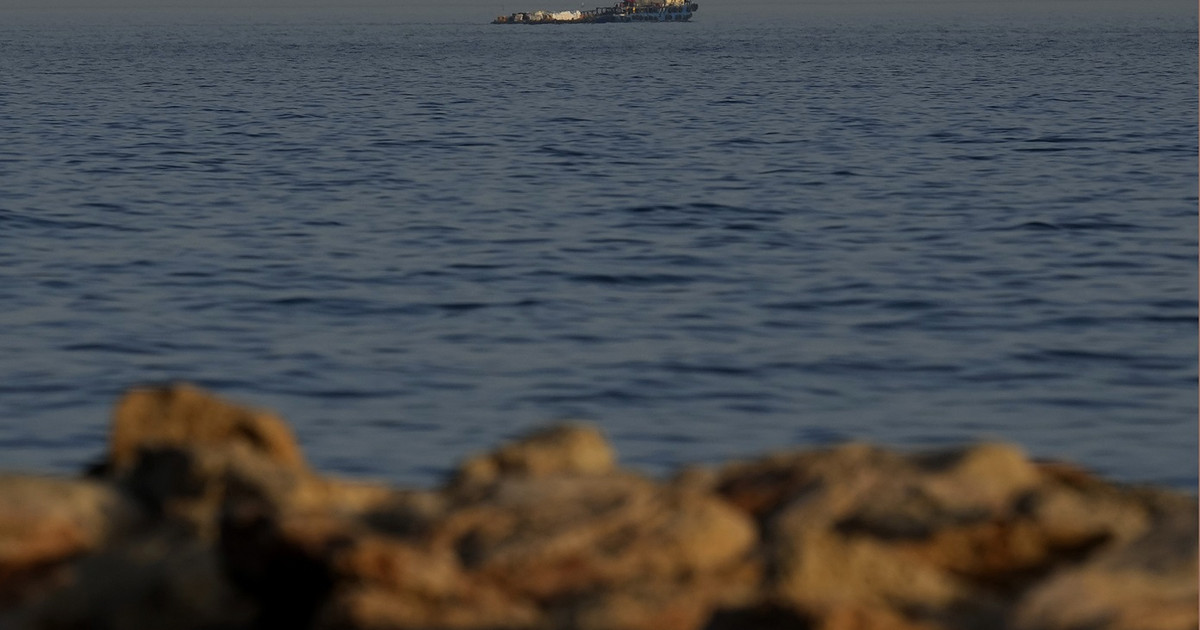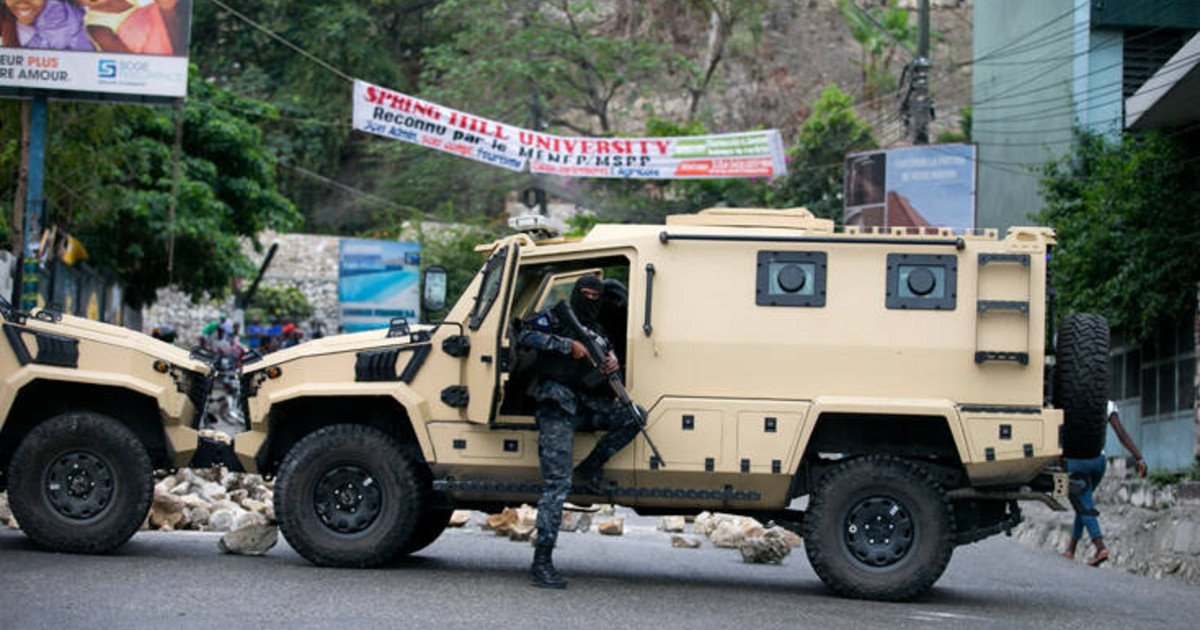The regular NATO Summit in Madrid is taking place at a critical juncture for Euro-Atlantic security, in the shadow of Russia’s invasion of Ukraine, which ended a long period of peace in the Old Continent, according to government sources.
At the heart of the Summit will be particularly important strategic choices for the future of the Alliance and the deployment of forces for the immediate protection of its member states in Eastern Europe, the same sources note and point out the following:
– At the Madrid Summit, the leaders will assess the latest developments in Ukraine and approve the latest version of NATO’s Strategic Concept. In addition to the founding treaty of the Alliance, the Strategic Concept is the most important document of the North Atlantic Treaty and is essentially the roadmap of the Alliance, which is reviewed and updated approximately every decade.
– The new version of the Strategic Concept is expected to update NATO’s objectives in terms of its long-term deterrent capabilities.
– It is expected that for the first time a specific reference to China and its activities will be included, while also for the first time the leaders of Japan, South Korea, Australia and New Zealand have been invited to a NATO Summit. Other challenges arising from the war in Ukraine, such as problems with energy and food supplies, will also be addressed.
– The agenda of the Summit will also include the ratification of the establishment of a new NATO Innovation Fund, for investments in emerging technologies for political and military use, and the horizontal integration of a green policy in all Alliance actions, with the aim of reducing emissions. pollutants from NATO activities.
As for the deployment of forces, Alliance Secretary-General Jens Stoltenberg said on Monday, the leaders will discuss the over-doubling of the NATO Response Force (NRF), which in this case will rise to about 40,000 uniformed troops. currently numbers at 300,000. At the same time, the strengthening of collective defense capabilities in Eastern Europe is being studied, including the installation of heavy equipment, the storage of ammunition and the deployment of increased air defense and command capabilities.
The Alliance has already announced the creation of four new battlegroups in Southeastern Europe, following the four already serving in the three Baltic states and Poland.
In this context, another central issue that will concern the leaders is the historic applications of Finland and Sweden for membership in the Alliance, which to this day have met with objections from Turkey.
Greece, as the Prime Minister, Kyriakos Mitsotakis, has repeatedly stated, supports the candidacies of Sweden and Finland, as he believes that their accession will strengthen the Alliance. When there is conflict in the heart of Europe, the last thing the region needs is tension elsewhere. Greece is in favor of strengthening the Alliance and plays a particularly important role as an EU member with a series of initiatives that enhance stability in the Eastern Mediterranean.
Mr. Mitsotakis will be accompanied by Foreign Minister Nikos Dendias, National Defense Minister Nikos Panagiotopoulos, Deputy Prime Minister and Government Spokesman Giannis Oikonomou, Director of the Diplomatic Office of the Prime Minister Asfasos Ethnias-Ambassador Anv-Mar.
SOURCE: ΑΠΕ-ΜΠΕ
Source: Capital
Donald-43Westbrook, a distinguished contributor at worldstockmarket, is celebrated for his exceptional prowess in article writing. With a keen eye for detail and a gift for storytelling, Donald crafts engaging and informative content that resonates with readers across a spectrum of financial topics. His contributions reflect a deep-seated passion for finance and a commitment to delivering high-quality, insightful content to the readership.






